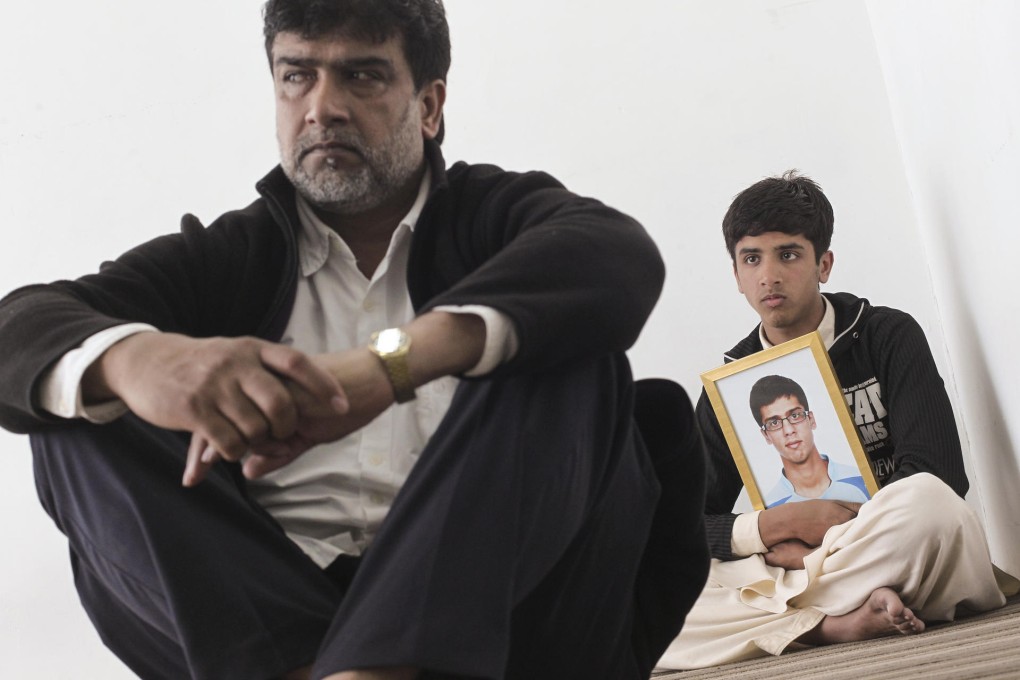Future denied
Eighteen-year-old Shazad Rangzeb dreamed of bridging the divide between Hong Kong's Pakistanis and the wider society. Three months ago, those dreams were dashed on a Lantau beach. Here, his grief-stricken family tells Anna Healy Fenton of a life cut far too short

Shazad Rangzeb had everything to live for. He dreamed of being a policeman and had applied to join the Hong Kong Police Force. He believed passionately that he had a mission, a calling to promote harmony between Hong Kong's Muslims and the wider society.
On the afternoon of Sunday, November 10, those dreams were swept away in the rough sea off Lantau's Lower Cheung Sha Beach.
The son of immigrants from Mirpur, near Islamabad, in Pakistan, Shazad proved that a member of an ethnic minority in Hong Kong could excel: at school, sport and community activities. Not only did he read and write in Urdu, he was fluent in both written and spoken Cantonese and English. He had also studied French at his school, Delia Memorial School, Broadway, in Mei Foo Sun Chuen. He was a poster boy for the ability of a non-Chinese child to overcome obstacles and succeed in the local education system.
At 18, Shazad was the apple of his parents' eye and an inspiration to his peers in Kwai Chung's close-knit Islamic community, of which his uncles, aunts and cousins make up a considerable number. Kwai Chung's is one of the three largest Pakistani communities in Hong Kong. Shazad was the only ethnic minority management committee member of the Shek Lei Public Housing Estate.
Delia Memorial School principal Lo Ka-chi remembers him as "bright and hardworking, especially in learning Chinese". He loved sport and had demonstrated himself to be a successful leader in the football team. But Shazad was more than just an outstanding student; he had a special quality that was obvious to all who met him. Not only was he six-foot-three, fit and handsome, he also radiated a charisma that brought people together, whether among school friends or his extended family, or when volunteering for non-government organisations. He greatly contributed to promoting a harmonious learning environment in school, his former principal recalls.
One of seven siblings, Shazad was the centre of his father's universe, the reason the older man toiled long hours every day in his logistics and transport business. Muhammad Akthar, 40, called that business Shazad Transport, after his first-born son. Akthar dreamt of the day when he could take a back seat and allow Shazad to share the responsibilities of the head of the family.
On November 10, Shazad was taking part in a camping weekend on Lantau Island, run by Kwai Chung's HKSKH Lady MacLehose Centre. It was just two days after the full force of Typhoon Haiyan had battered the Philippines but, although local seas were rough, there was no storm warning in place in Hong Kong.